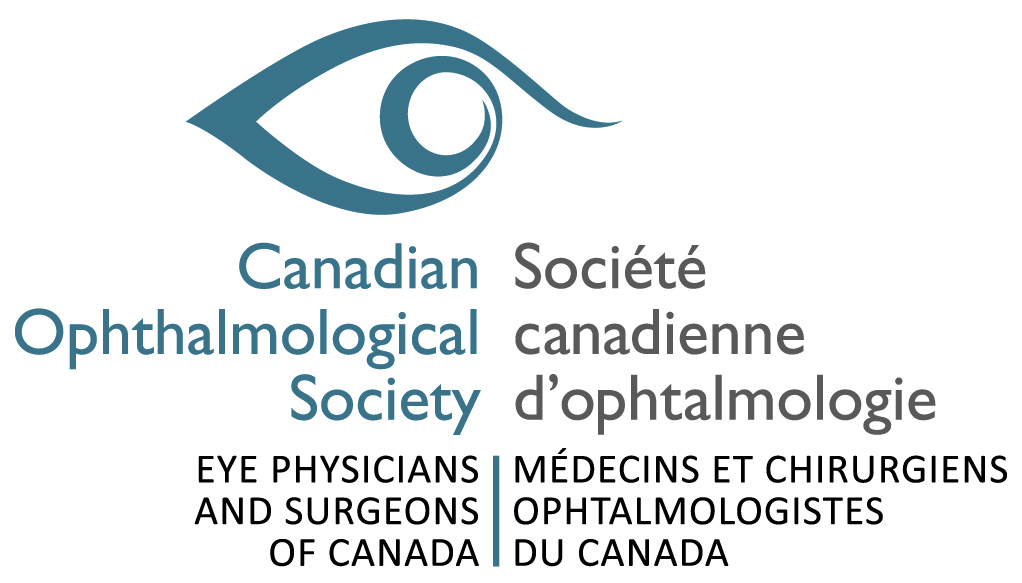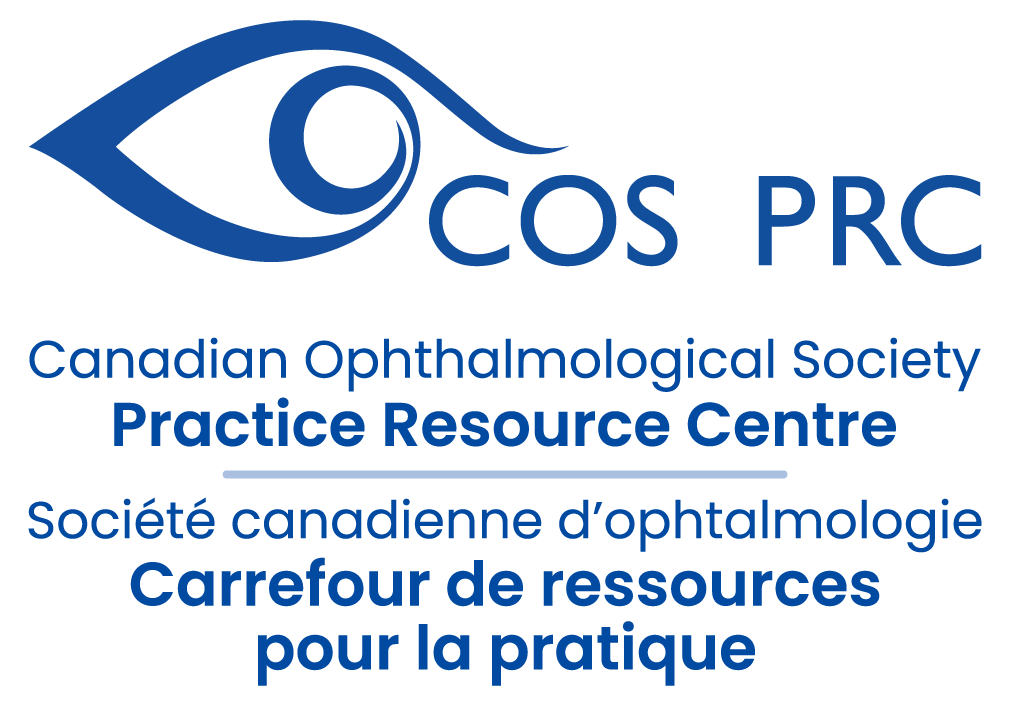DOVS ONCOLOGY ROUNDS – Lesions and Images in Ophthalmic Oncology
Date: Monday March 28, 2022
Time: 6:30 PM – 7:30 PM ***NEW TIME***
Topic: Lesions and Images in Ophthalmic Oncology
Speakers: Drs. Hatim Krema, Dan Weisbrod, Fil Altomare
Zoom Link – Register in advance for this webinar:

After registering, you will receive a confirmation email containing information about joining the webinar.
OBJECTIVES
1. To acquaint the attendants of the characteristic imaging findings in ophthalmic tumours
2. To demonstrate the role of different imaging methods in reaching clinical diagnosis in ophthalmic tumours
3. To expand the spectrum of differential diagnosis of ophthalmic tumours by including images of common tumour- like lesions.
4. To provide a summary of the current knowledge about the presented lesions in each session.
DOVS RESIDENT TEACHING – Basic science, embryology AND Cataracts: pathology, classification, epidemiology
Date: Friday March 25, 2022
Time: 8:45 AM – 12:00 PM
Topic: Basic science, embryology AND Cataracts: pathology, classification, epidemiology
Speaker: Dr. Alex Kaplan
Zoom link:

Passcode: 285256
DOVS GRAND ROUNDS – Orbital Metastasis AND Poor Wound Healing Following Cosmetic Eyelid Surgery
Date: Friday March 25, 2022
Time: 7:30 AM – 8:30 AM
Topic: Orbital Metastasis AND Poor Wound Healing Following Cosmetic Eyelid Surgery
Speaker: Dr. Nancy Tucker
Zoom link:

Passcode: 717724
Objectives
1. To be able to list the most common primary cancers causing metastasis to the orbit
2. To understand the changing landscape in the treatment of metastatic breast cancer
3. To gain a better understanding of managing complications following cosmetic eyelid surgery and appreciate the various causes of poor wound healing
DOVS CORNEA ROUNDS – Corneal Ulcer Challenges
Date: Thursday March 24, 2022
Time: 5:00 PM – 6:00 PM
Topic: Corneal Ulcer Challenges
Speaker: Dr. Garth Wilbanks
Zoom link – Register in advance for this webinar:

After registering, you will receive a confirmation email containing information about joining the webinar.
Objectives:
1. Share one rural subspecialty’s approach to managing severe corneal ulcers.
2. Discuss the diagnosis and management of infectious keratitis.
3. Discuss therapeutic surgical management of infectious keratitis and post infection visual rehabilitation.
AIOC 2022
80th Annual Conference of
All India Ophthalmological Society

Date: June 2nd – June 5th, 2022
Jio World Centre
Bandra Kurla Complex, Bandra East, Mumbai
The society organises annual conferences in different parts of the country. In these conferences, a number of scientific activities that include instruction courses, symposia, lectures, post graduate refresher courses, booth lectures, wet labs, surgical skill transfer courses etc. are conducted for the promotion and mutual exchange of knowledge in the field of ophthalmic science.
The society also gives incentives to the members in the form of awards, orations, prizes and Fellowships in recognition of their services in the various specialties.
Click the link below to learn more and to register:

Kiawah Eye 2022
Kiawah Eye offers time to gain practice pearls and exchange ideas with colleagues in an interactive and beautiful setting. June 2 – 4, Kiawah Island, South Carolina.

Spring AOP Symposium
Registration is now open for the virtual, on-demand CE program – Spring AOP Symposium. Cost is $95 Certified. Registration closes on March 30, 2022. View the event brochure.

What You Need to Know About Inherited Retinal Disease in the Age of Molecular Medicine
This webinar will take place on Thursday, May 19, 2022 at 7:30 pm EST.
Dr. Brian Ballios will provide a presentation entitled What you need to know about inherited retinal disease in the age of molecular medicine, followed by Q&A with the audience, moderated by Dr. Jim Whelan.


Dr. Ballios is a fellowship-trained clinician-scientist, with a focus on medical retinal disease and a subspecialty in inherited retinal disease. He is an Assistant Professor in the Department of Ophthalmology and Vision Sciences at the University of Toronto. He holds appointment as clinician-scientist at the University Health Network in the Donald K. Johnson Eye Institute, and is a staff physician at Sunnybrook Health Sciences Centre, and the Kensington Vision and Research Centre. He is a Scientist at the Krembil Research Institute where he has a laboratory investigating the mechanisms of acquired and inherited retinal disease, and the development of new stem cell-based therapies.
Dr. Ballios obtained his MD and PhD degrees at the University of Toronto in the combined MD/PhD program. With a background in material science and Engineering Chemistry (Queen’s University), his doctoral work focused on new approaches to the transplantation of stem cells and their progeny for the treatment of retinal degeneration. After completing his FRCSC in Ophthalmology at the University of Toronto, he undertook a subspecialty clinical fellowship in Inherited Retinal Disease at Massachusetts Eye and Ear and Harvard University.
Learning Objectives
At the end of this webinar, participants will be able to:
- Explain the importance of genetic testing and counseling for Inherited Retinal Dystrophies (IRD) patients and their families
- Effectively communicate the potential benefits of current and emerging gene therapies
- Identify genetic testing and counseling resources in their respective regions and confidently refer patients accordingly
CPD Credits
This webinar is an Accredited Group Learning Activity (Section 1) as defined by the Maintenance of Certification Program of the Royal College of Physicians and Surgeons of Canada, and approved by the Canadian Ophthalmological Society. You may claim a maximum of 1 hour.
This webinar is co-developed by the COS and Novartis to achieve scientific integrity, objectivity, and balance.

DOVS CORNEA ROUNDS – Ions in KC and other fun-ky corneas
Date: Thursday March 17, 2022
Time: 5:00 PM – 6:00 PM
Topic: IOL calculations in KC and other fun-ky corneas
Speaker – Dr. Joshua Teichman
Zoom link – Register in advance for this webinar:

OBJECTIVES
1. Identify corneas that are more likely to cause issues with IOL calculations
2. Discuss inherent issues with biometry that must be considered when calculating IOLs in abnormal corneas
3. Discuss techniques and formulae that will improve the accuracy of IOL selection in abnormal corneas



